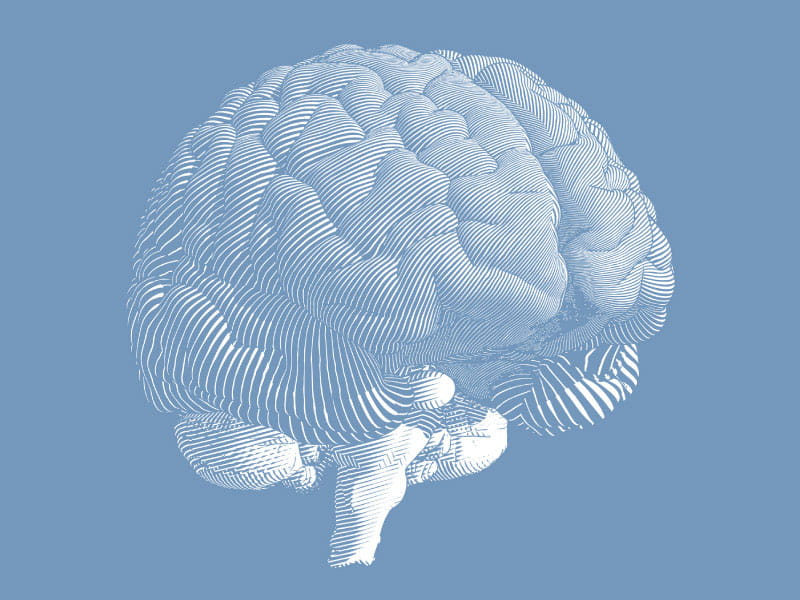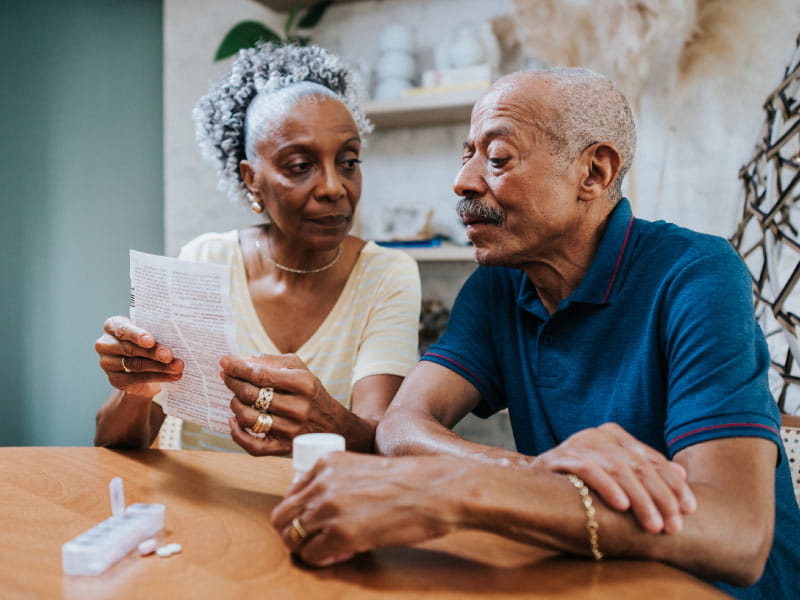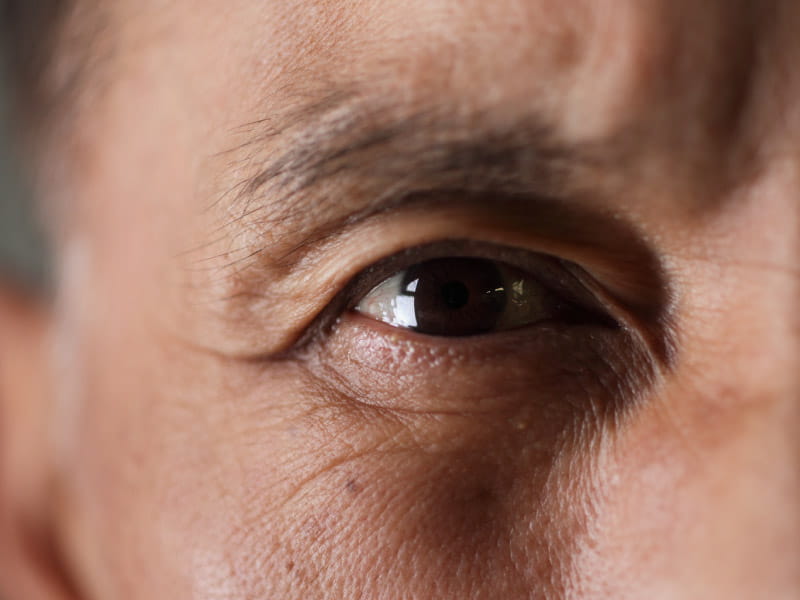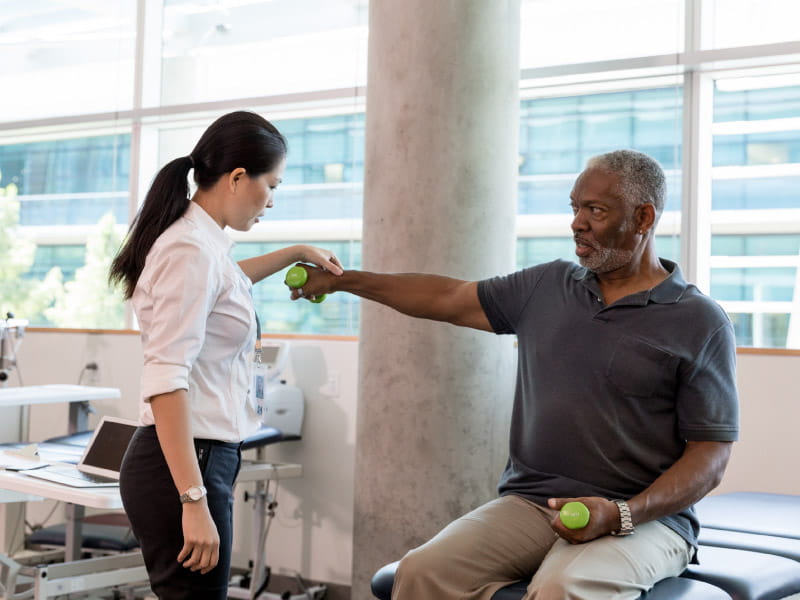
Escape room challenge helps nurses master best practices in stroke care
Feb 6, 2024
Nurses who engaged in escape room puzzles increased their knowledge of clinical stroke guidance, a new study shows.

Feb 6, 2024
Nurses who engaged in escape room puzzles increased their knowledge of clinical stroke guidance, a new study shows.

Feb 2, 2024
Some health conditions can mimic a stroke. But don't waste time trying to tell the difference, stroke experts say.

Feb 2, 2024
Having a stroke – especially one caused by bleeding – increases the risk of dementia, new research suggests.

Feb 1, 2024
Among people who had strokes caused by a clot, two common types of antidepressants did not increase the risk of bleeding, new research finds.

Sep 15, 2023
Like the English mnemonic FAST, RÁPIDO is intended to make it easier for Spanish speakers to remember the signs of a stroke.

Aug 3, 2023
Black adult stroke survivors have more risk factors than non-Black peers. But intensive medical management may help cut some disparities, new research suggests.

Jul 26, 2023
Most strokes are preventable, says Dr. Bruce Ovbiagele. Here's what he does to keep his own brain healthy.

May 22, 2023
A critical part of stroke recovery is rehabilitation. But researchers are finding inequities among Hispanic survivors.

May 19, 2023
Most strokes happen in the brain, but they also can occur in the eye or spinal cord.

May 15, 2023
Research needs to look at upstream causes for "enormous inequities in stroke care," say authors of a new science report.
Guidelines Resource Center
The American Heart Association regularly releases guidelines and scientific statements for preventing and treating heart disease and stroke.
What do these guidelines mean for you? Should you change your medications? Should you see a doctor for treatment? How do you know if you’re healthy? You’ll find answers here in the Guidelines Resource Center.
